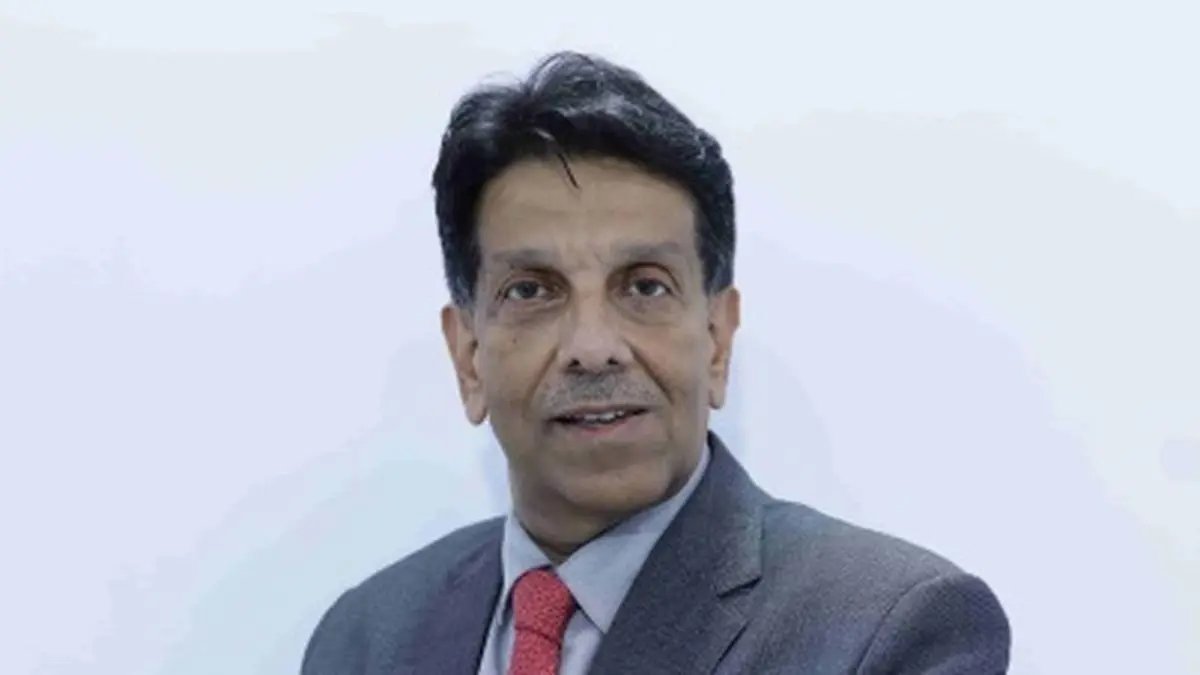India-US trade talks: Engineering exporters propose inclusion of steel, aluminium items


Pankaj Chadha, Chairman, EEPC
Engineering goods exporters have proposed inclusion of steel and aluminium products, especially those manufactured by the MSMEs, in the ongoing bilateral trade agreement (BTA) talks with the US and also sought government support to deal with the high tariffs.
Engineering Export Promotion Council (EEPC) of India, the top body for promoting engineering exports, has also suggested that the EU must be persuaded to maintain status quo in terms of quota (specified quantity allowed at zero or low import duties) and the out-of-quota tariffs on steel. The latter should be phased out as part of the free trade agreement (FTA) being negotiated with the bloc, it said.
The implementation of 50 per cent tariff on steel and aluminium (under Section 232 duties) has significantly impacted engineering exports to the US market, necessitating the inclusion of specified products in the BTA negotiation, the EEPC noted in a statement on Monday.
“The 50 per cent tariff imposition by the US increases the tariff differential with our competitors to an average of 30 per cent. This definitely impacts our position in the US market. A special support package that can absorb at least 15 per cent of this differential would help us to secure our position,” said Pankaj Chadha, Chairman, EEPC.
On EU proposal
Exporters are also concerned about the EU proposal on reducing quotas and increasing out-of-quota tariffs to 50 per cent. The EU allows import of steel for a specified quota (quantity) at zero or reduced duties while the duties are higher for quantities over and above the specified quota.
“The existing quota already poses a challenge for the exporters as our volumes are much higher. The EU has also kept these products out of the purview of its trade agreement negotiations with India. In this case, our suggestion is to maintain the status quo in terms of both quota and the out-of-quota tariffs. Additionally, this should be brought under FTA negotiation, and once the FTA is implemented, the tariff should be gradually phased out,” Chadha said.
EEPC has proposed that India should seek exemption for stainless-steel long products from tariff rate quotas (TRQs), given their MSME dominance and strategic importance. For other product categories, it suggested that quota volumes should be raised.
“It may be ensured that out-of-quota tariffs do not exceed 25 per cent, and the same is gradually phased out over five to six years, especially considering the ongoing FTA negotiations with the EU,” Chadha said.
Published on November 10, 2025




